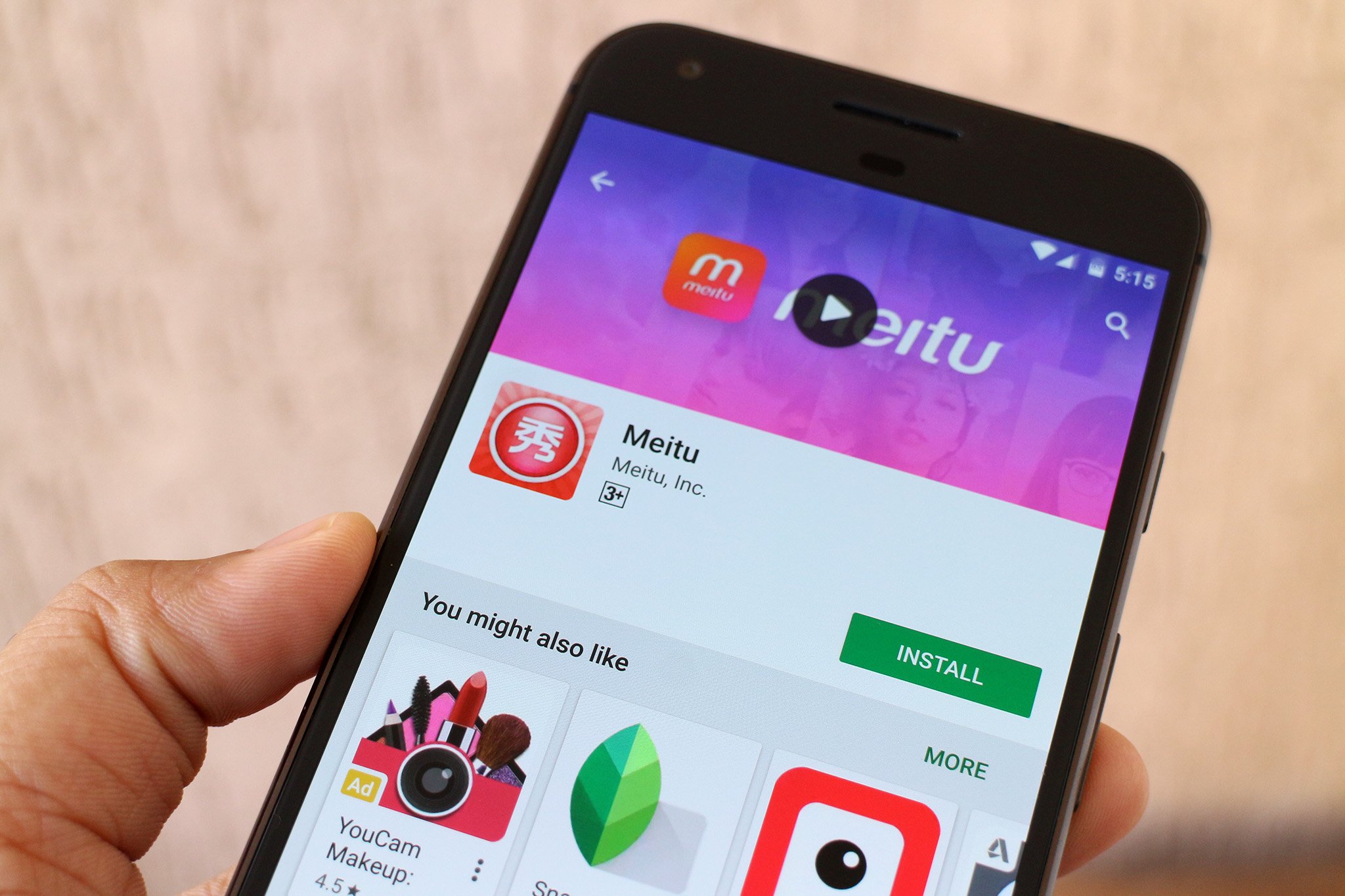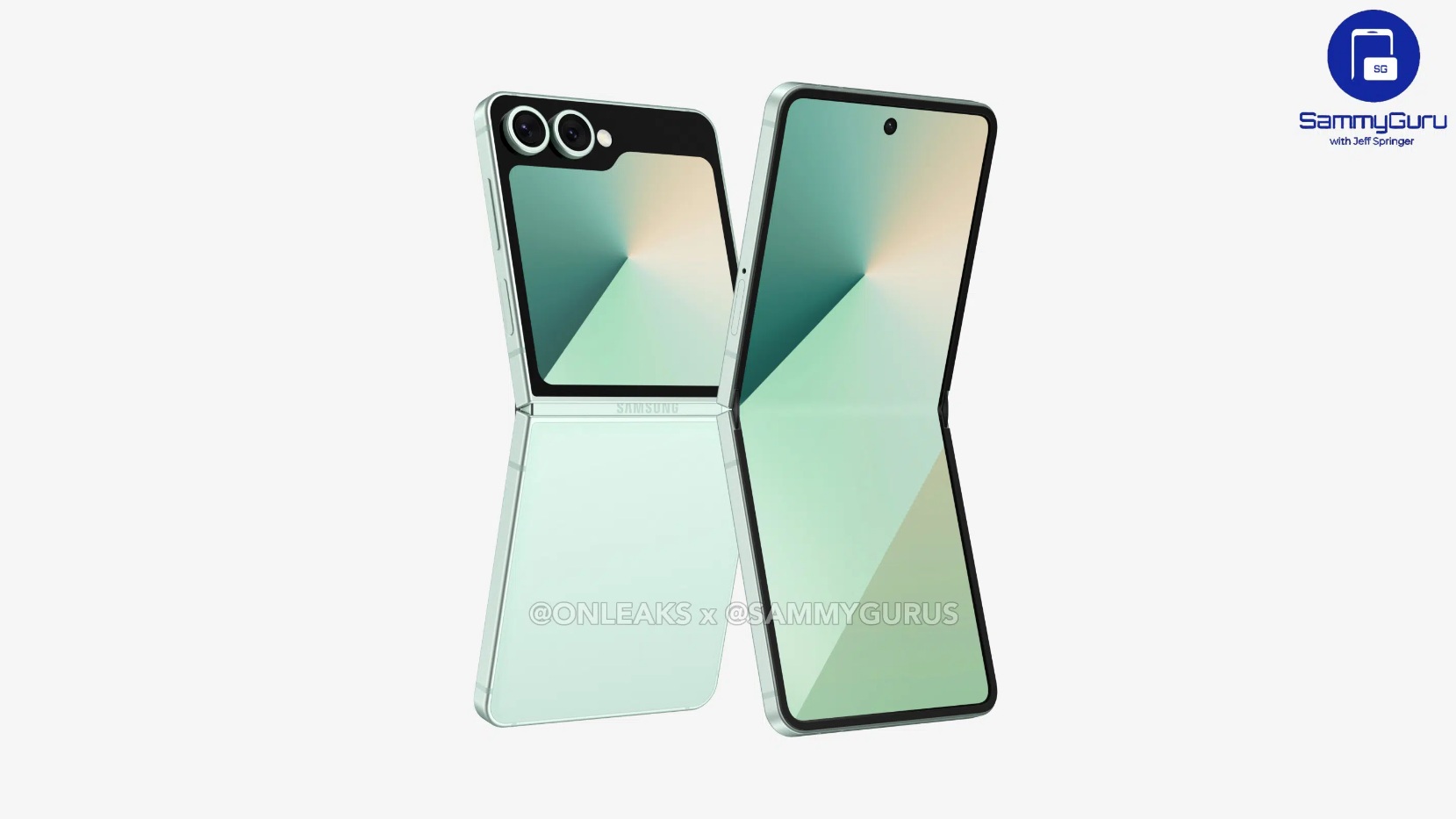Photo editing app Meitu says it needs permissions for analytics, denies selling user data

Chinese photo editing app Meitu made landfall in the U.S. recently, with the free app shooting up the Play Store rankings over the course of the week. The app adds anime-style filters to photos, and the final results end up being equal parts wonderful and weird.
The app has been popular in China and Hong Kong for several years now, but its entry into the U.S. was fraught with privacy issues. The app asks for twenty-three permissions in total, which include access to your phone's device ID, storage, Wi-Fi, network settings, local IP, location details, carrier information, the ability to run at startup, and more.
In a statement to the media, Meitu said that it collects all that data to optimize the app's performance, and get a better understanding of how customers engage with its ads. The company denied that it sells any of the user data it collects, going into further detail as to why it needs so many permissions.
Meitu said that as its services are based out of China, tracking services provided by the Play Store and App Store are blocked. To counter this, it uses a combination of third-party and in-house analytics tools that ensure the "user data tracked is consistent." The user data is sent back to China securely through "multilayer encryption to servers equipped with advanced firewall and IDS, IPS protection to block external attacks."
Meitu also went into detail over the permissions it requires:
- MAC address/IMEI number: In some cases, Meitu cannot get both info at the same time and in some cases different devices even have the same IMEI number, so we combine these two details into one unique ID to track user devices.
- LAN IP address is used to prevent business fraud.
- SIM card country code is used for a rough location detection.
- GPS and network location are used for detecting countries and regions for Geo-based operation and advertisement placement.
- Phone carrier info is used as a standard tracking channel for analytics, just like the other third-party analytics tools(e.g., Flurry).
- RUN_AT_START: because the Google service (including GCM) is not available in mainland China, Meitu uses a third-party push notification service called Getui (www.getui.com).
That's certainly a lot to put up with for a photo filter app. If you're satisfied with Meitu's explanation, the app is available for free from the Play Store.
Be an expert in 5 minutes
Get the latest news from Android Central, your trusted companion in the world of Android

Harish Jonnalagadda is Android Central's Senior Editor overseeing mobile coverage. In his current role, he leads the site's coverage of Chinese phone brands, networking products, and AV gear. He has been testing phones for over a decade, and has extensive experience in mobile hardware and the global semiconductor industry. Contact him on Twitter at @chunkynerd.
